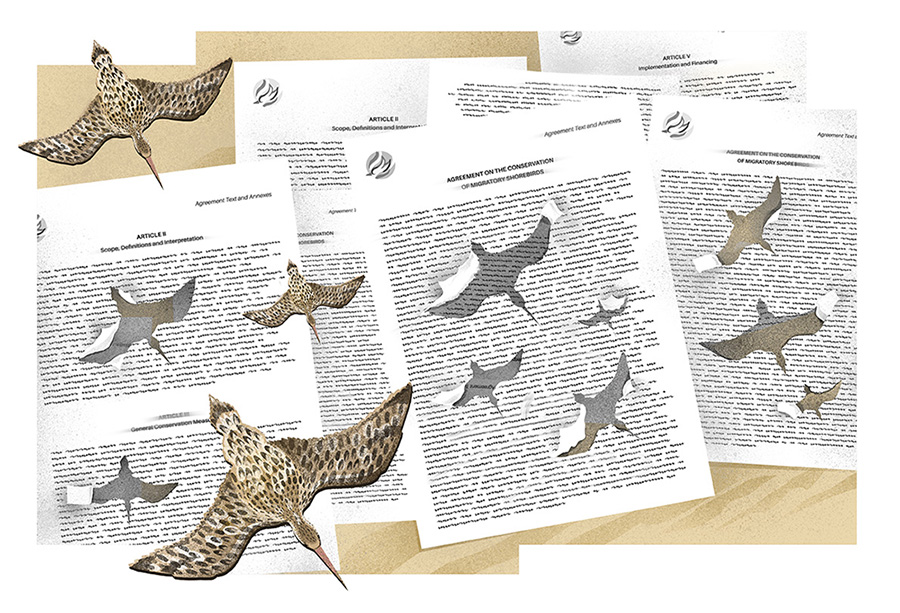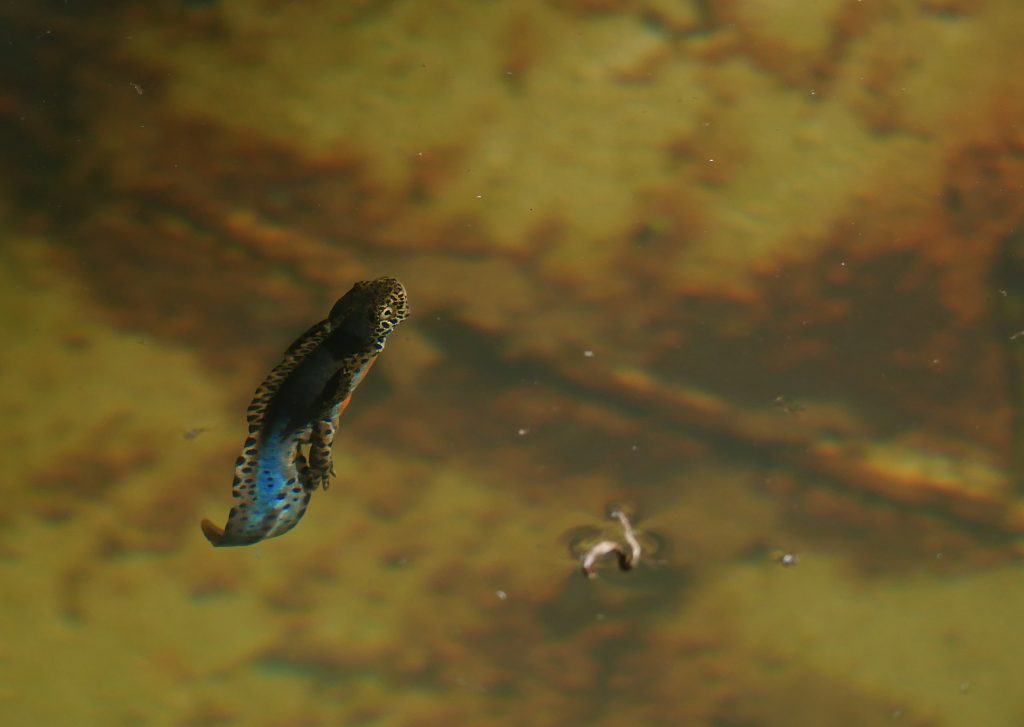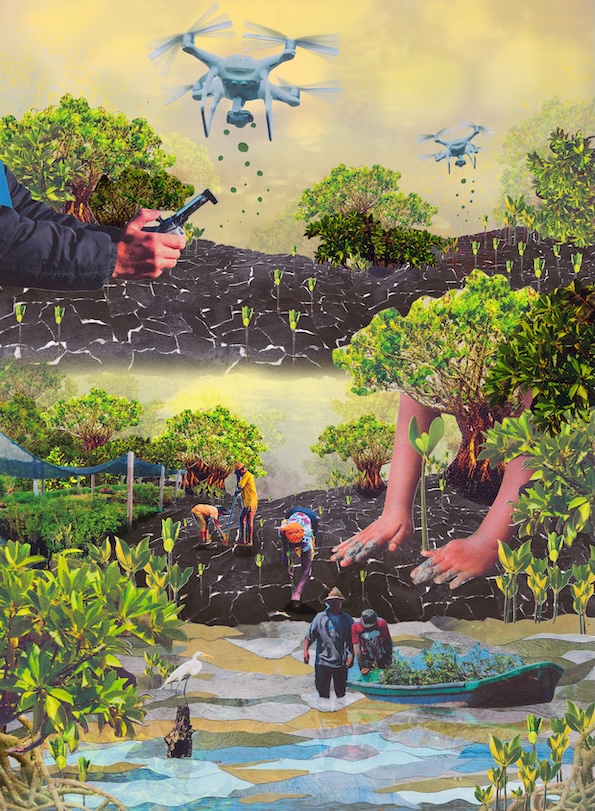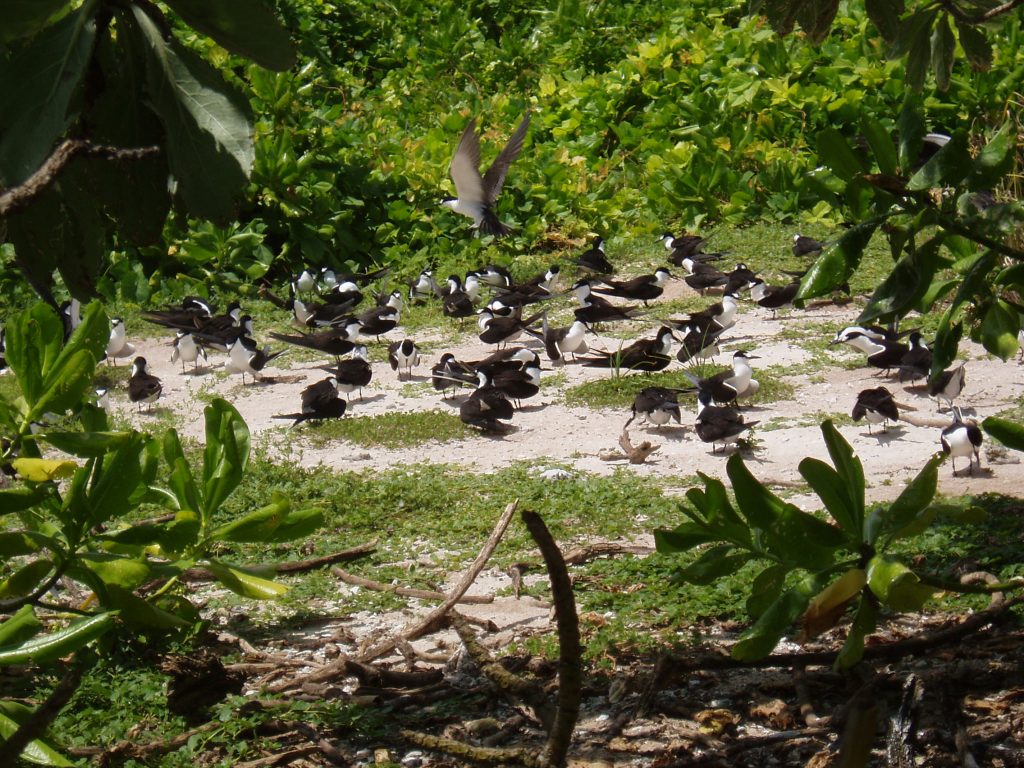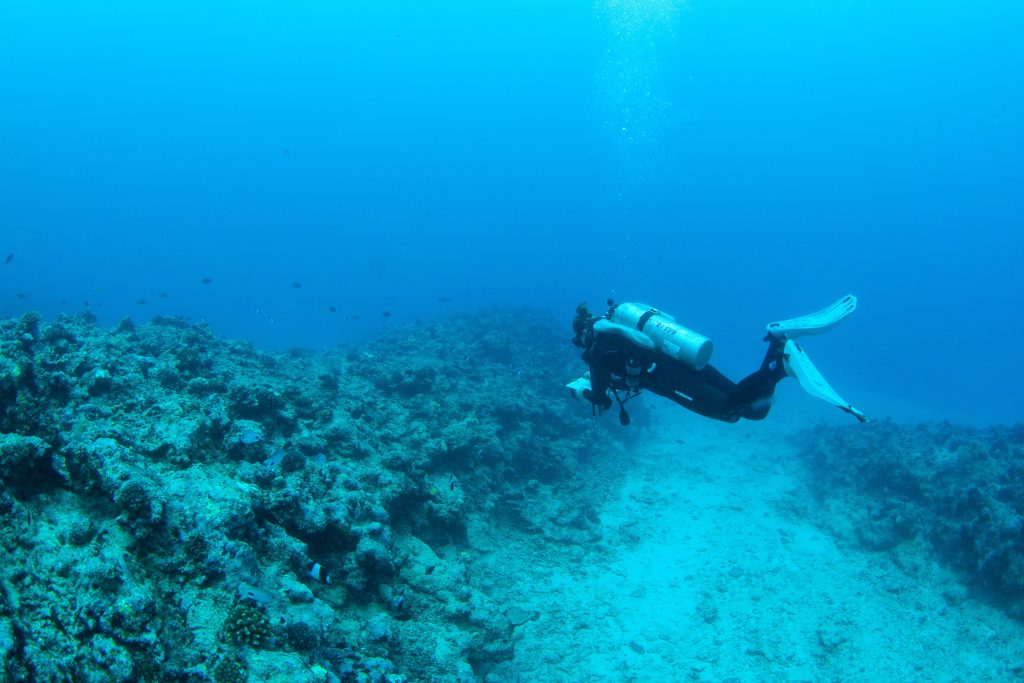
USING TRADITIONAL ECOLOGICAL KNOWLEDGE AS A NEW TOOL TO DESIGN BETTER CONSERVATION STRATEGIES
To some, traditional knowledge implies information frozen in time, while ecological knowledge is considered more rational-separating the biological from the social and spiritual. Indigenous people often consider both kinds of knowledge to be synonymous. Berkes, in 1999, defines Traditional Ecological Knowledge (TEK) as “a cumulative body of knowledge, practice, and belief, evolving by adaptive processes, and handed down through generations by cultural transmission,” that describes the relationships of living beings (including humans) with one another and with their environment. Indigenous communities are often highly dependent on local natural resources like oceans, and could therefore become sources for information that might not be available in scientific literature.
Stacey and colleagues combined TEK and new technology in Indonesia to develop whale shark management strategies. One of the major communities involved in the study, the Bajo, also known as sea nomads, are highly dependent on resources in the waters of eastern Indonesia. The investigators conducted interviews with the Bajo and other communities on many islands, to gather information about presence and local migration routes of whale sharks, with a view to also determining ecotourism potential for the region.
The Bajo contributed extensive natural history observations of whale sharks, including locations of the sharks, their social patterns, timing of movement around their islands and their habits (feeding etc). They also had culturally driven prohibitions and customary beliefs protecting whale sharks.
Long-lived, wide-ranging large animals like whale sharks are difficult and expensive to study, and this study is an example of integrating local sources of knowledge with scientific studies to better understand a complex system. The authors suggest the use of community-based monitoring based on TEK to effectively keep records of this rarely-sighted migratory species. Further, this information could be used to develop ecotourism opportunities with the involvement of the local communities.
Further reading:
Stacey NE, Karam J, Meekan MG, Pickering S & J Ninef. 2012. Prospects for whale shark conservation in Eastern Indonesia through Bajo traditional ecological knowledge and community-based monitoring. Conservation and Society 10(1):63-75.
